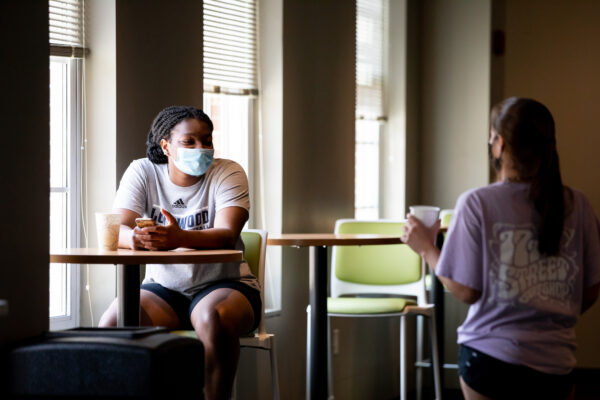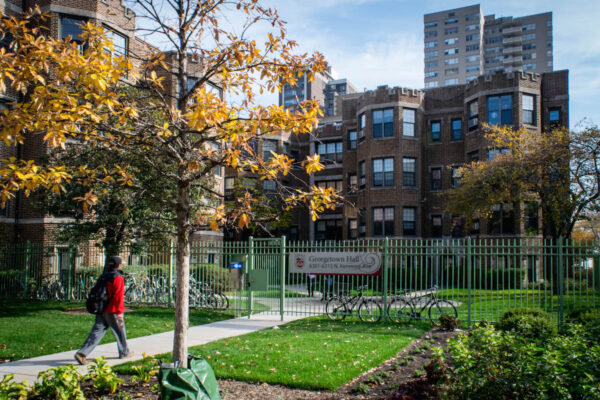New Report: Education, Race, and Jobs in the COVID-19 Crisis
Title: Education, Race, and Jobs in the COVID-19 Crisis
Date: May 29, 2020
Source: Georgetown University Center on Education and Workforce
Authors: Anthony P.Carnevale
Georgetown University Center on Education and Workforce recently released a blog on how the COVID-19 crisis has impacted the most vulnerable members of the population.
Since the pandemic began, the US Bureau of Labor Statistics reported that the unemployment rate has increased by 14.7 percent, the highest since 1948. Over 40 million people lost their jobs due to the pandemic, a number which may increase even more. The study found that those most vulnerable to job loss were those with lower levels of educational attainment, the young, those living in low-income households, those from historically marginalized groups, and working parents.
Key findings include:
- More people without a bachelor’s degree (59 percent) have lost their jobs than people with a bachelor’s degree (38 percent).
- Over half of young adults ages 18 to 24 have lost their jobs (58 percent), followed by adults ages 40 to 54 (57 percent) and adults ages 25 to 39 (54 percent).
- Hispanics (60 percent) and African Americans (56 percent) were more likely than Whites to lose their jobs (44 percent).
- Over half of those individuals with household incomes below $50,000 in 2019 suffered a loss of employment, compared with 31 percent of individuals with a household income greater than $200,000.
- Working parents have confronted multiple challenges in this crisis. On top of their work, they have the extra responsibility of educating and caring for children, and some parents had to quit their jobs to manage childcare. Over half (55 percent) of parents with children have lost their jobs due to the pandemic, compared to 45 percent of individuals in households without children have lost jobs.
To read the full article, please click here.
—Haelim Chun
If you have any questions or comments about this blog post, please contact us.


